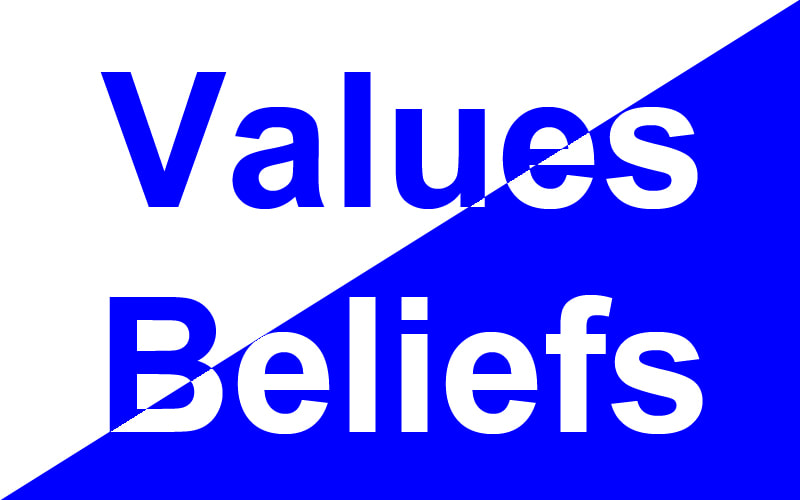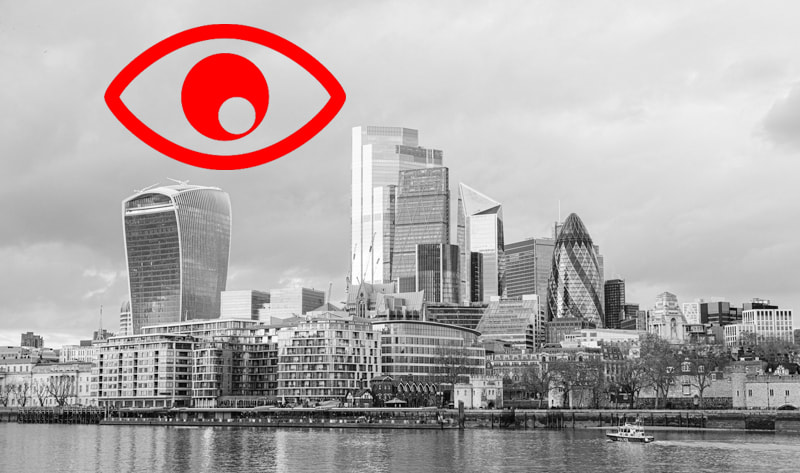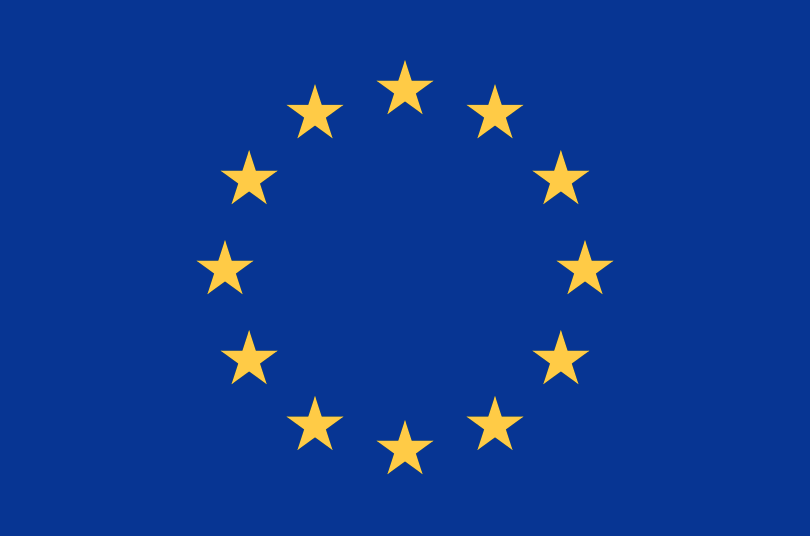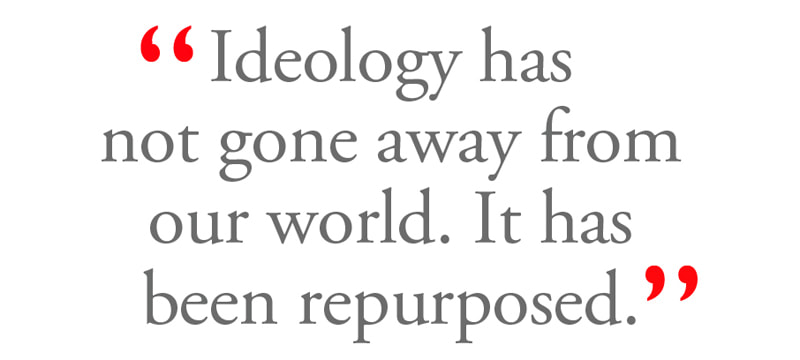|
With democratic forms of government seemingly in retreat, this blog looks at different approaches to visualising the connection between the values and beliefs held in a society with democratic forms of government.
0 Comments
It is an axiom of democratic systems of government that public authority should always be subject to oversight so that those entrusted with authority do not abuse or overstep their power. Thus, legislatures establish committees of their members to watch over the executive departments of government, and judiciaries stand ready to review acts of both the executive and legislative branches.
This traditional kind of model still provides the backbone of democratic oversight. However, a newer and different kind of review process has become established to watch over key functions of government. Regulatory review has become established to watch over the regulatory functions of government (see blog of dec 1 2021) and budget review processes have been established to watch over the fiscal functions of government. What regulatory review and fiscal review share in common is the need for specialised knowledge and expertise to carry out the review. This blog looks briefly at fiscal review. It asks whether it offers more general lessons for review functions. As the world recovers from the COVID pandemic, cities are refilling again with office workers, students, commuters, and tourists. The crowds once again provide a daily illustration of the enormous social diversity to be found in urban environments. They also carry with them the differences of dress and appearance that offer the superficial and sometimes misleading symbols of social differences.
Some people clearly enjoy the spectrum of diversity, seek it out and flourish in it. But for others it is an unsettling patchwork and a source of stress. Democracies often struggle in the face of deep social differences. Instead of reacting positively to the challenges of the modern world, people may react protectively and defensively. Essential democratic practices such as civility, consent to loss in electoral contests and acceptance of the system of rulemaking despite disagreement with particular pieces of law-making, all come under pressure. The ability to cooperate and to take collective action is blocked. Tempers rise. Democracies decline. This blog looks at the nature of the challenge and possible responses. Representative democracies treat each citizen’s vote as equal to another. The ballot box is blind to personal differences such as educational attainment, social status, race, religion or income level. In contrast, the politics of identity focuses on personal characteristics. Gender, race, ethnicity, income and other characteristics of a voter may all be identifiers.
The division between the politics of representation at the ballot box and the politics of identity is often blurred in practice. Political parties competing at the ballot box may appeal to particular income, or religious groups, or to particular ethnicities. Nevertheless, there remains an important difference in principle between collective association based on each person counting the same and collective association reflecting character. In recent times there appears to be increasing assertion of the politics of identity reflecting frustration with the politics of representation. The growing tension between the politics of representation and the politics of identity contributes to a sense that democratic societies are becoming more polarised and fragmented. This blog looks at the sources of the tension. We often think of virtues in terms of the heroic – the courage to stand up for what is right and to follow one’s conscience, to bravely speak the truth, and the fortitude to sacrifice our immediate self-interest for the longer term common good. However, there is a group of four virtues that are not at all heroic. Nevertheless, they have a key role to play in modern democracies. They are the subject of this blog.
The divide in the US between the Trumpian wing of the Republicans and the Progressive wing of the Democrats symbolizes a polarized debate about the virtues of small government versus big government and about the virtues of self-reliance versus the need for a stronger social safety net. At a more fundamental level it can also be seen as about the importance of concepts of ‘Fairness’ for democracies. This blog looks at fairness.
The choices
COP26 in November 2021 was hailed as ‘game changing’ by Boris Johnson and as a ‘fragile win’ by the Chair of the Conference. The final communique referred to the ‘phase down’ of coal but provided little that was concrete and measurable. This blog looks at the options going forward in the absence of a convincing fully multilaterally agreed action program. There is an important group of people in both the private and public sectors whose job it is to scan the horizon for possible risks that will disrupt established ways of doing things. Disruption can be positive and provide new opportunities. For example, the adaptation to climate change will give a major impetus to research and development and new technologies in areas such as batteries, hydrogen use and carbon capture. Horizon scanners will however be particularly concerned about imminent risks with a large downside. This blog looks only at imminent geopolitical risks with a huge downside potential.
Regulation is a hallmark of modern government. Societies can help achieve collective aims through informal social norms, by making laws, by spending money from taxes or borrowings, or by regulation. Increasingly, regulation has become the instrument of choice. Regulation is chosen often, but the question is how far it is chosen well.
We seem to be living in a less ideological world. At the end of the 20thcentury the collapse of Soviet Marxism, coupled with the turn of China’s government to a more market-responsive form of economic direction, seemed to mark a turn away from ideology. Some saw ‘neo-liberalism’ becoming the new ideology. That too seems to have faded after the financial crisis of 2008 and the COVID crisis. This blog looks at how far ideology is still with us and how far it has truly vanished
|
Archives
March 2024
|











 RSS Feed
RSS Feed